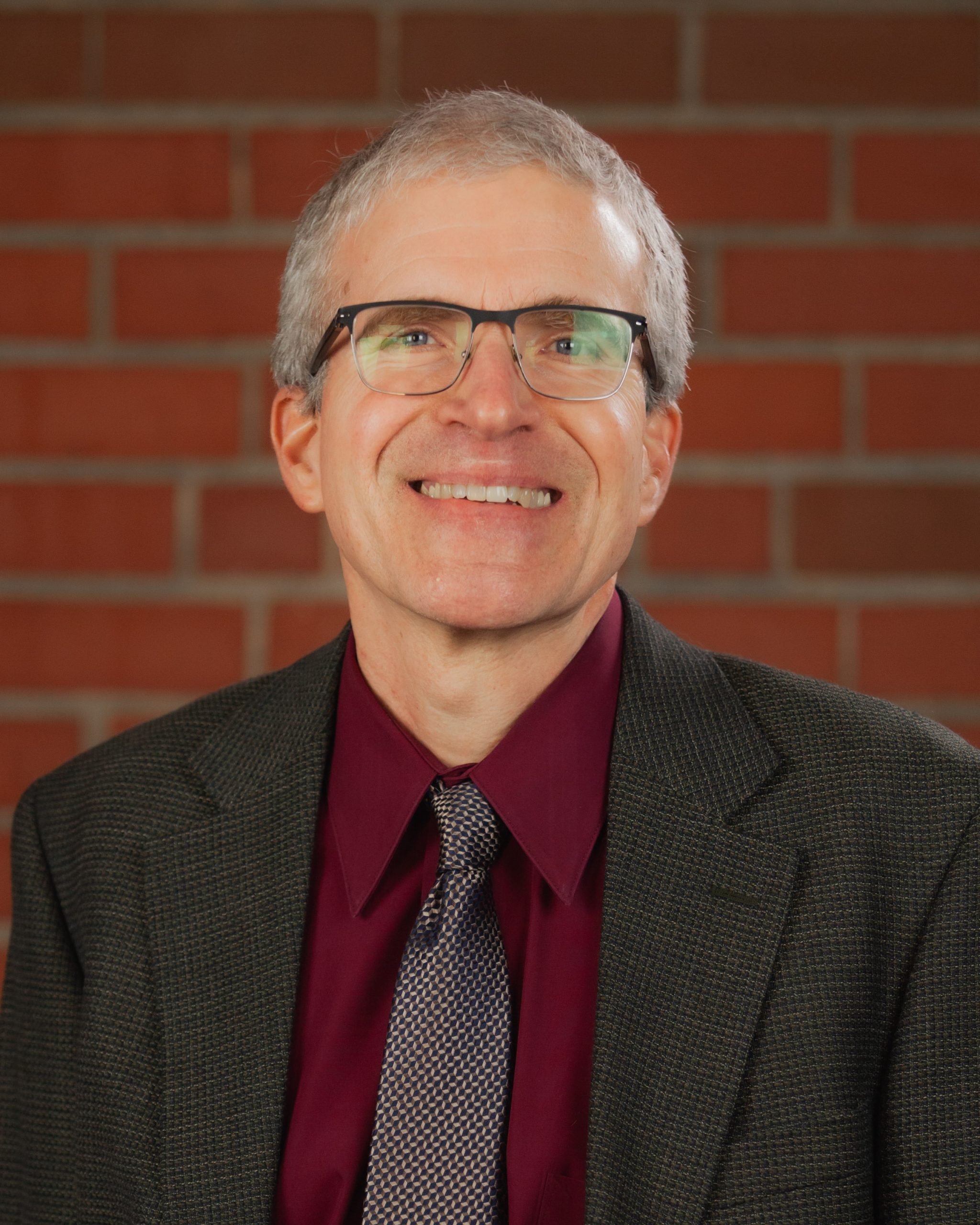The Education Program at Warner Pacific University is Christ-centered and dedicated to serving and learning in the urban context by preparing highly effective, culturally competent, professional educators from diverse backgrounds who think critically, act with integrity, work collaboratively and serve with passion and purpose.
A Bachelor of Science in Early Childhood/Elementary Education prepares candidates to obtain an Oregon Preliminary Teaching License in Elementary Education – Multiple Subjects, which is issued by the Oregon Teacher Standards and Practices Commission (TSPC) upon successful completion of all program and state requirements.
The BSED at Warner Pacific University is part of the Paraprofessional Educator Program (PEP). The PEP is for candidates currently employed by one of the six partnering school districts in Multnomah County: Centennial, David-Douglas, Gresham-Barlow, Parkrose, Portland Public Schools and Reynolds.
The PEP is designed to support para-educators in earning a Bachelor of Science in Early Childhood/Elementary Education that will lead to a preliminary teaching license in elementary – multiple subjects. This program is also a great fit for any working adults that desire to earn their bachelor’s degree and become an elementary teacher.
Cohort Study Curriculum
Requirements for the cohort: 75 semester credits; 49 credits in residence, 58 credits upper division
Requirements for the major: 66 semester credits: 40 credits in residence, 58 credits upper division
Required Courses in the major
ED 250A | Introduction to Education | 2 credits
ED 281A | Curriculum Planning and the Role of the Teacher | 3 credits
ED 240A | Integrating Educational Technology in the Classroom | 3 credits
ED 370A | Art and Music Methods in the Classroom | 2 credits
ED 334A | Teacher as Manager | 2 credits
ED 372A | Literacy Methods in the Classroom (+ practicum) | 4 credits
ED 371A | Physical Education Methods in the Classroom | 2 credits
ED 260A | Human Development & Learning Theory Implications | 4 credits
ED 374A | Science Methods in the Classroom | 2 credits
ED 375A | Social Studies Methods in the Classroom | 2 credits
ED 341A | Literature for Children | 3 credits
EDPSY 360A | Exceptional Learners | 3 credits
EDPSY 395A | Observation, Assessment, and Evaluation | 3 credits
ED 353A | Cultural Diversity | 3 credits
MA 211A | Fundamentals of Elementary Math 1 | 3 credits
MA 212A | Fundamentals of Elementary Math 2 | 3 credits
ED 373A | Math Methods in the Classroom | 2 credits
ED 376A | ESOL Methods in the Classroom | 2 credits
Clinical Experiences
ED 491A | Student Teaching I (100-hour experience) | 2 credits
ED 481A | Professional Development Seminar | 2 credits
ED 495A | Student Teaching II (15-week experience) | 14 credits
Core Requirements (must be taken at Warner Pacific University)
ILR 300A | Adv Information Literacy & Research (Prerequisite: EN 111A) | 3 credits
HUM 310A | Exploring the Human Condition (Prerequisite: EN 111A, 112A) | 3 credits
REL 320A | Spirituality, Character and Service (Prerequisite: EN 111A, 112A) | 3 credits
To graduate with this degree, students must successfully complete a 15- week full time student teaching clinical experience.
To qualify for an Oregon Preliminary Teaching License, in addition to completion of the academic program, students must complete and submit an EdTPA as well as the ORELA content knowledge test, in accordance with Oregon’s Teachers Standards and Practices Commission requirements.
Upon successful completion of the major in Early Childhood/Elementary Education, graduates will be able to:
- Exhibit the knowledge, skills, abilities, and professional dispositions required for the Preliminary Teaching License, as provided in Oregon Administrative Rule 584-420-0030, and the Interstate Teacher Assessment and Support Consortium (InTASC) standards.
- Model the values, ethics and character of a Christian educator in a diverse and changing world.
- Meet the high standards of the program in coursework, clinical experiences, and work products, leading to the cognitive, linguistic, social, emotional, and physical achievement of the students they will teach.
Questions?
Our Education faculty would love to hear from you.

